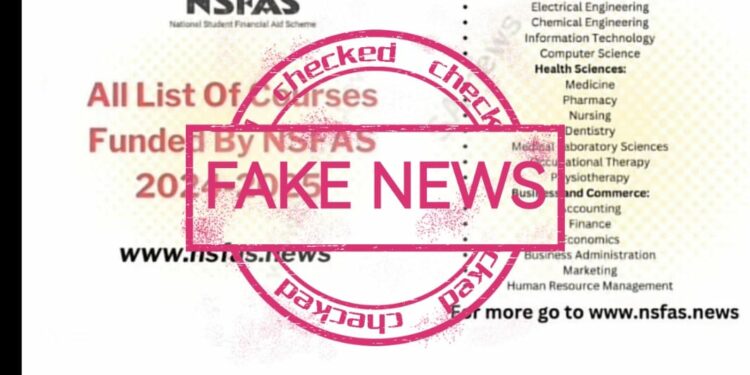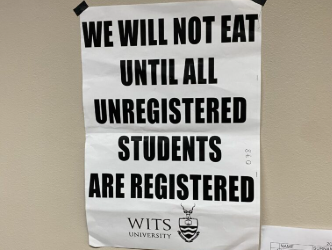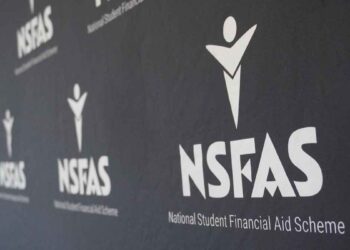In recent times, the National Student Financial Aid Scheme (NSFAS) has become a vital resource for students seeking financial assistance to pursue their education. However, with the rise of online scams, it is crucial for applicants to stay vigilant and recognize potential threats.
Several fake online pages pretending to be NSFAS have surfaced, aiming to deceive unsuspecting applicants. These fraudulent pages may share incorrect information or attempt to collect personal details, putting applicants at risk of identity theft and financial fraud.
To safeguard yourself from falling victim to these scams, it’s essential to be aware of red flags. NSFAS communicates primarily through its official website and verified social media accounts. Always double-check the web address to ensure you are on the legitimate NSFAS site.
Avoid clicking on links from unsolicited emails or messages, as scammers often use phishing tactics to lure individuals into providing sensitive information. NSFAS does not typically request personal details through email or social media, so exercise caution if you encounter such requests.
If you are unsure about the authenticity of a communication or webpage, contact NSFAS directly through their official channels to verify the information. Report any suspicious activity to help protect others from falling prey to these scams.
Staying informed and cautious is the key to navigating the online landscape safely. By being alert and verifying information, applicants can minimize the risk of falling victim to fake NSFAS pages and ensure that their personal information remains secure.
Publishers Gather to Shape R114 Million Digital News Fund
Student Living SA Report | Boksburg, Gauteng Independent and small-scale publishers from across Gauteng gathered at the Birchwood Hotel in...

















